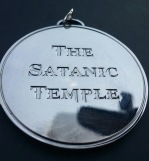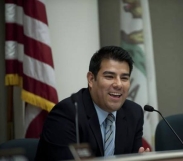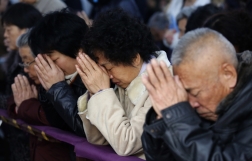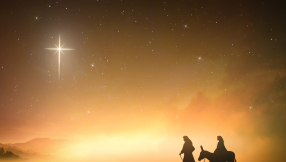An atheist handbook will be given to parents concerned about religious influence in schools as a guide for how to challenge teachers.

Humanist Society Scotland (HSS) have published 'A Guide for Non-Religious Parents' and 'A Guide for Non-Religious Young People' to try and help them understand their human rights regarding religious classes.
The humanist group said they received regular complaints from parents and pupils and the guides would help "empower the two-thirds of non-religious young people in Scotland".
Gary McLelland, the organisation's head of communications, said: "Many people across Scotland feel uncomfortable about the religious content of in the school system but are unsure about what their legal rights are.
"We know from our own research that not all parents are aware of their right to withdraw from religious observance. Schools really do have a responsibility to let parents and carers know what their legal rights are. That's why we've created these booklets.
"We want to give parents and young people a guide to their legal rights here in Scotland.
"It is our ultimate aim to see religious observance scrapped and replaced with a more inclusive activity, such as philosophy, but until then we will campaign to make sure that all parents and young people are aware of their rights."
The organisation accused the ruling SNP of "dragging its feet" over refusing to allow older students to opt out of religious sessions.
But the SNP have made it clear they do not intend to change Scottish law which also requires schools to hold at least six religious observance sessions a year.
Scotland's decentralised education system means there is wide variety in the content of these meetings. In more inner-city schools they are often less specifically religious with campaign groups as well as church priests leading a "reflection".
But in the more rural areas the sessions are often more traditionally Presbyterian and run by Church of Scotland ministers.

















